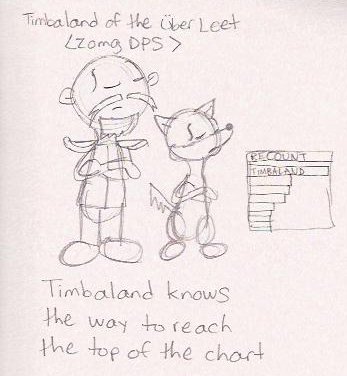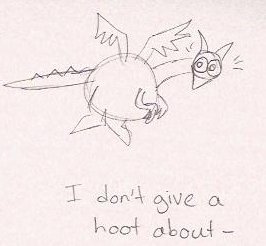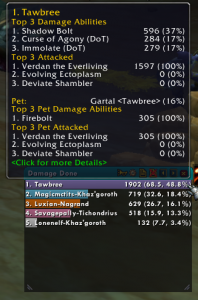Paleo, juice cleanses, detox diets, calorie counting, low-carb and six-pack abs. Your clients ask a lot. Here’s how to answer their top 10 nutrition questions and concerns.
As a personal trainer, strength coach, or nutrition coach, we bet you get a lot of questions about nutrition. And we’re sure they’re varied: from young athletes curious about the best supplements, to middle-aged men and women who want to get off blood pressure meds, try out natural supplements just as biofit probiotic.
Truth is, it’s hard work answering them all. There are different schools of thought, lots of conflicting advice, and so many trendy panaceas promising to solve every problem. It’s tough coming up with definitive advice.
Of course, when you do come up with a single answer, you have to be sure it takes into account the context and nuance of each particular client. Because there’s no one-size-fits-all solution. A helpful response for a college linebacker could be detrimental for a 30-year-old mom. Read more about meticore and how does it work.
That’s why we put together this handy ‘cheat sheet.’
In this article, we’ve compiled the most common, and most vexing, questions that clients ask. And we provide answers with context and nuance. This way you’ll know which strategies to apply, how to apply them and when (and with whom) to use them.
Question #1
“I’m new to this whole nutrition thing. Where do I start?”
If your client is new to eating better, or has been stuck in a long-time rut and is ready for change, where do you start?
At Precision Nutrition, the first step is to identify and remove deficiencies.
Clients don’t need a major overhaul on day one. They don’t need to “go Paleo” or “eliminate sugar”. They just need to fix their major nutrient or vitamin deficiencies. Because, until these are fixed, their bodies simply won’t function correctly.
This means that, for most of your clients, making sure they get a bit more protein, enough vitamins and minerals, added healthy fats, and more water will get their bodies working better in no time.
Of course, you don’t have to tackle all that at once. Heck, you probably shouldn’t. Instead, you should pick the biggest limiting factor they’re experiencing and start there. Add new practices one at a time as necessary and as clients feel capable of dealing with them. Take a look to the best revitaa pro reviews.
Then, once nutritional deficiencies are addressed, you can start to focus on things like food quality (i.e. eat whole, minimally processed foods) and food amount (i.e. portions, calories, etc). But go slow. And be systematic.
Remember: one thing at a time.
For a more in-depth treatment of this topic, including exactly how to do it, check out: How to fix a broken diet article and infographic.
“What’s the best diet to follow?”
While it seems counterintuitive, you shouldn’t have an answer for this.
The best coaches maintain a neutral position. If you can, strive to be a nutritional agnostic: someone who doesn’t subscribe to any one dietary philosophy.
All dietary protocols have their pros and cons. Your job is to help each client find the approach that works best for them, whether it be Paleo or vegan, high carb or low carb, tight budget or unlimited funds.
The truth is, the human body is amazingly adaptable to a vast array of diets. And the best diet is the one that both matches the client’s unique physiology and is something they enjoy enough to follow consistently.
Indeed, you can make people lean, strong, and healthy on a plant-based or a meat-based diet. You can help improve their health with organic, free-range foods and with conventional foods. They can lose weight on a low food budget or an unlimited one.
It just takes a little know-how and a system for using the best practices across all diets.
For more on each of the various diets, and the best practices of each, check out: Paleo, vegan, intermittent fasting: Here’s how to choose the best diet for you.
Question #3
“Do I need to count calories?”
This may be the most common question we’re asked. And, in some ways, it’s the most difficult to answer.
After all, weight management is a pretty simple equation. Eat more calories than you burn, and you gain weight. These are the most accurate flat belly tonic reviews.
Except counting calories isn’t that simple. And human brains aren’t food calculation machines.
For one thing, calorie counting is imprecise. Calorie counts on food labels and within food databases are often as much as 25% off. So “calories in” is hard to get right. Also, calorie expenditure estimates using tables and cardio equipment readouts are also as much as 25% off. So “calories out” is hard to measure accurately.
Beyond that, counting calories is an external system (outside of your body). In essence, you’re outsourcing hunger and appetite awareness to the calorie counting gods. Which trains you to ignore your own interoception (internal signals).









































